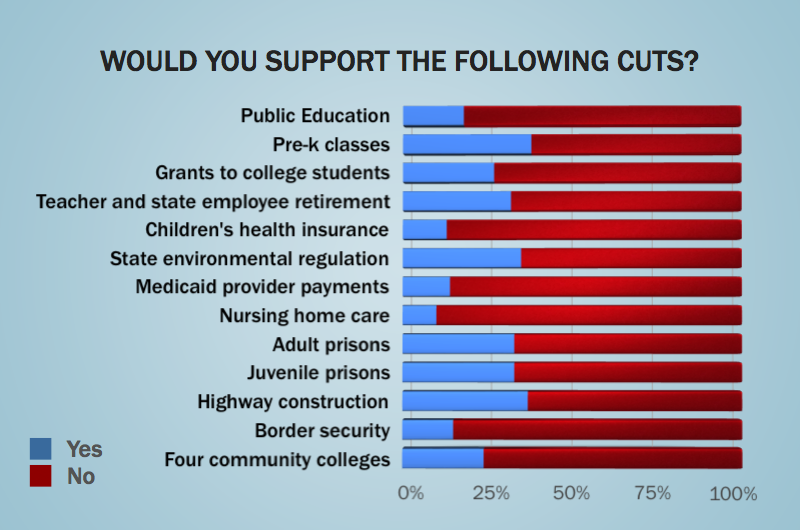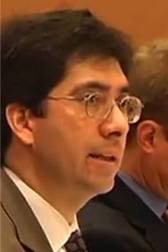
Nuclear power plant in Cattenom, France -Wikipedia
According to the Associated Press, France, the most nuclear-dependent country in the world, with over 75 percent of its electricity coming from nuclear reactors, recently reported incidents at 8 of their 59 reactor units.
French authorities say they are having to replace faulty metal bearings in the emergency power systems of eight nuclear plants due to signs of wear.
At the Tricastin nuclear complex, located 90 miles north of Marseille, all of the emergency diesel generators used as backups for two of the four reactors were equipped with the faulty bearings.
That incident was classified as a level 2 incident, on a scale of zero to seven, with seven being a major disaster. At other plants the same problem was classified at level 1.
To give some perspective to a level 1 incident, in July 2008, thousands of gallons of uranium solution, containing unprocessed uranium, were accidentally released when cleaning and repair work on the containment system for a holding tank caused the tank to not function properly when filled. The faulty containment system allowed 7,925 gallons of uranium solution to leak out of the tank, with 4,755 gallons of the solution spilling onto the ground. Later testing showed elevated uranium levels in the nearby Gaffière and Lauzon rivers. The liquid contained about 165 pounds of un-enriched uranium which, while only slightly radioactive, is highly toxic as a heavy metal. Ground and surface water tests indicated that levels of radioactivity were 5% higher than the maximum rate allowed.
French authorities have banned the use of water from the Gaffière and Lauzon for drinking and watering of crops. Swimming, water sports and fishing were also banned. This incident has been classified as Level 1 on the International Nuclear Event Scale .
France is often held up as the poster child for nuclear energy, but the country has had its share of problems with their nuclear plants. Among the problems are included a partial core meltdown in 1980 at the Saint-Laurent Nuclear Power Plant, and the shut down of plants during a summer heatwave in 2003. In spite of heatwave preparedness efforts in Europe, the intense heatwave that swept through Europe in 2009 put a third of France’s nuclear power stations out of action and forced France to buy electricity from England.
And even French nuclear power plants are not immune to the high capital costs and construction delays that plague the industry.
In May 2006, Electricité de France (EdF) approved construction of a new 1650 MW European Pressurised Water Reactor (EPR) unit, alongside two existing 1300 MW units. The first concrete was poured on schedule in December 2007 and construction was expected to take 54 months. However, completion is now expected late in 2012. Even in an extremely nuclear friendly country, nuclear plants have a history of coming online later than estimated.
According to the The World Nuclear Association, an international organization that promotes nuclear energy and supports the global nuclear industry, France’s nuclear power program cost 400 billion French Francs in 1993 currency, (or $8.4 billion U.S.) excluding interest during construction. Half of this was self-financed by Electricité de France, 8% was invested by the state but discounted in 1981, and 42% was financed by commercial loans.
In 1988 medium and long-term debt amounted to 233 billion French Francs, or 1.8 times EdF’s sales revenue. By the end of 1998 EdF had reduced this to about two thirds of sales revenue and less than three times annual cash flow. Net interest charges had dropped to 4.16% of sales by 1998. In 2006 EdF debt had fallen to 25% of sales revenue.
In October of last year, the French parliament passed legislation establishing NOME, or new organization of the electricity market, which put an end to two European Commission antitrust cases hanging over the French electricity sector without threatening the pricing that stems from France’s nuclear-heavy energy mix. The restructuring requires EdF to sell a quarter of its nuclear electricity production to competitors on a temporary basis, allowing them to develop their own power supplies. The restructuring was designed to create a framework for investment in much-needed peakload capacity and financing for the modernization of the existing nuclear fleet.
But lingering concern over the effects of this reform of the French electricity market coupled with a weakened outlook in European energy markets after the 2009 recession has caused some trepidation about the price the company will be forced to accept under the NOME law, making the outlook for this restructuring as a financing tool for new nuclear projects somewhat questionable even in the world’s most nuclear friendly country.
Because of the high capitol cost, debt service on these projects is quite high and long term even in France. And here in our own back yard, the City of Austin is still paying several hundred million dollars on the debt from our measly sixteen percent of STP units 1 and 2. We can do better than that as we move forward. We can invest in truly renewable energy that won’t break the backs of taxpayers and ratepayers.
###
By promoting cleaner energy, cleaner government, and cleaner air for all Texans, we hope to provide for a healthy place to live and prosper. We are Public Citizen Texas.












